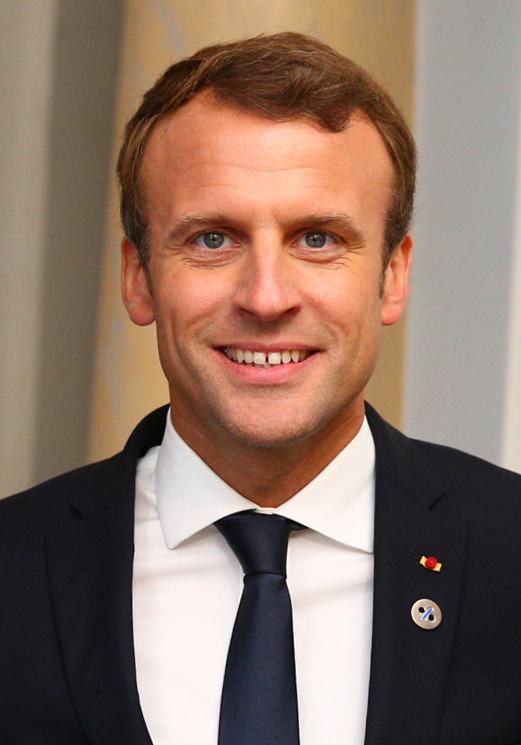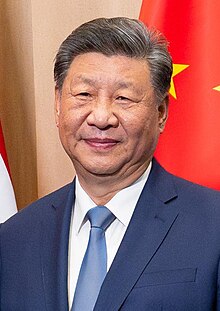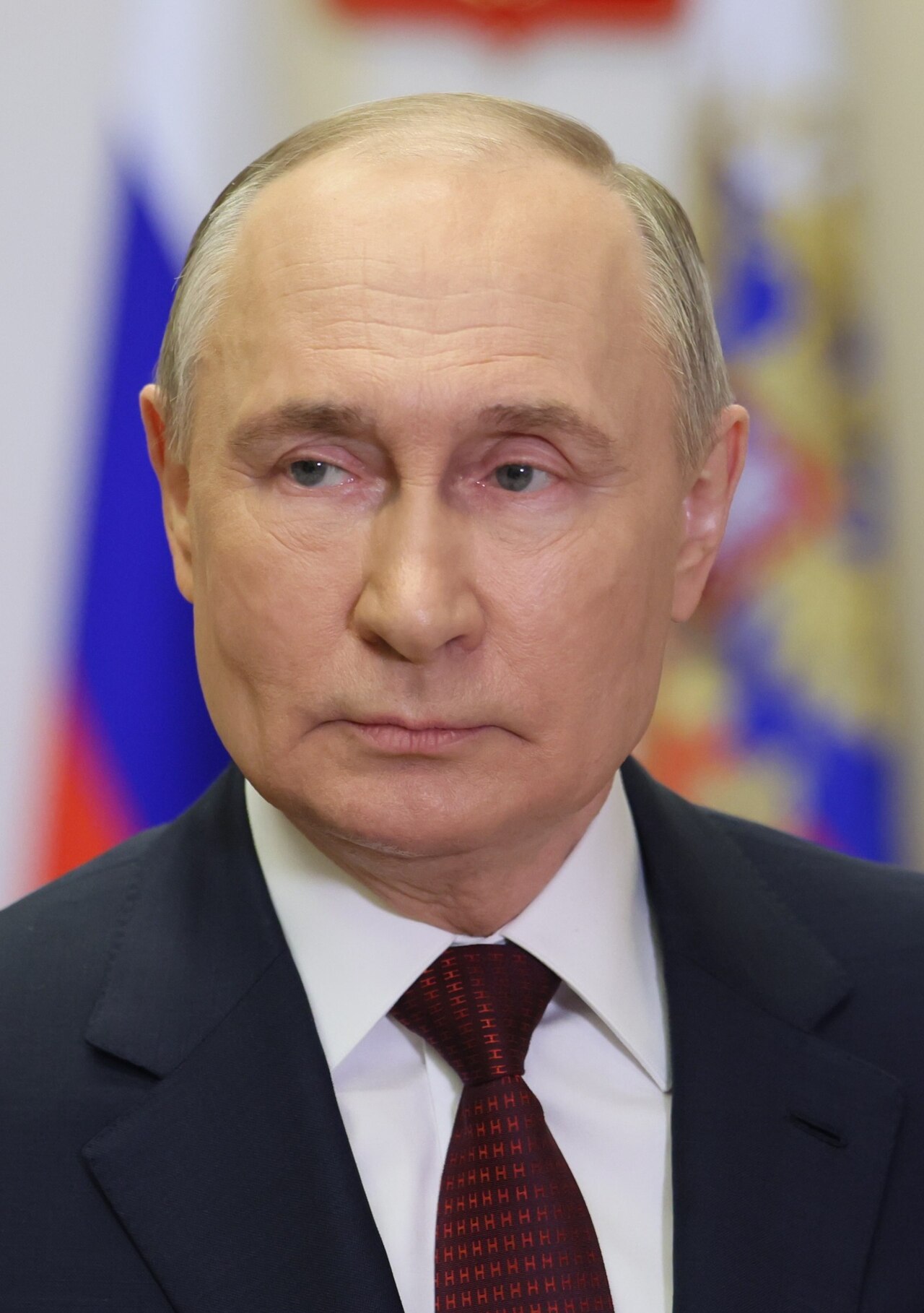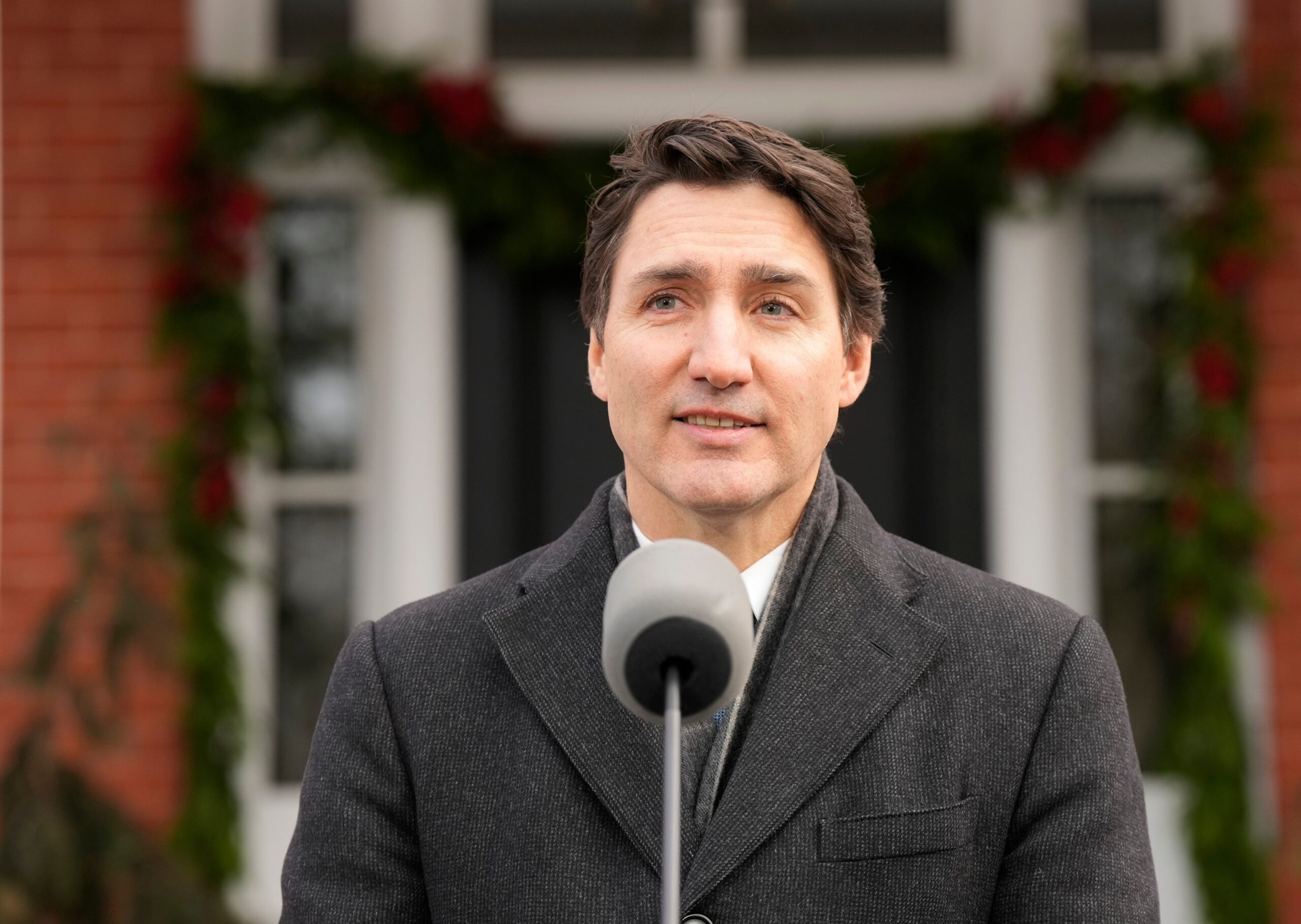- Justin Trudeau resigns as Canadian Prime Minister after nearly a decade in power, citing internal battles and declining popularity. TheTimes.co.uk
- Chrystia Freeland, Trudeau’s deputy prime minister, recently resigned, criticizing his political strategies and citing economic concerns. NYPost.com
- Trudeau’s resignation follows plummeting approval ratings and calls from within his Liberal Party for new leadership ahead of elections. WSJ.com
- Parliament has been prorogued until March 24, giving the Liberal Party time to hold a leadership race to replace Trudeau. CBC.ca
- Key contenders to replace Trudeau include Chrystia Freeland, Dominic LeBlanc, and former Bank of England governor Mark Carney. CTVNews.ca
Justin Trudeau's resignation is seen as a strategic move to rejuvenate the Liberal Party ahead of the next election. Supporters of this perspective argue that Trudeau's declining approval ratings and internal party tensions necessitated his departure to give the Liberals a chance to regain public trust. By stepping down, Trudeau allows the party to focus on addressing key issues like economic discontent, housing shortages, and public dissatisfaction with governance, potentially improving their electoral prospects.
Critics view Trudeau's resignation as the culmination of years of controversy and public discontent. From ethical scandals, such as the blackface incident, to accusations of ineffective economic policies, Trudeau's leadership has faced significant challenges. This perspective highlights how internal dissent, such as the resignation of key allies like Chrystia Freeland, and external pressure from public opinion polls, forced Trudeau to step aside. It is seen as a response to a loss of faith in his ability to govern effectively.
Trudeau's resignation is framed as an opening for opposition parties, particularly the Conservatives, to gain political ground. This perspective focuses on the weakened state of the Liberal Party, which now faces internal instability and the challenge of selecting a new leader. With the Conservative Party consistently leading in polls, Trudeau's departure is seen as a validation of their criticisms and an indication of a potential power shift in Canada's political landscape. This perspective underscores the urgency for opposition leaders to capitalize on this moment to consolidate support and prepare for elections.
Details
Analysis
Bias

Reactions
The article focuses heavily on Trudeau's attempt to suspend parliament to sidestep a confidence vote and highlights his declining popularity due to economic challenges and internal party dissent.
Read full article
The article emphasizes Trudeau's inability to address economic challenges like inflation and housing costs, portraying him as a failed leader whose policies led to significant dissatisfaction.
Read full article

The article underscores Trudeau's challenges in handling trade tensions with the U.S. and portrays his resignation as a result of policy missteps and declining public support.
Read full article
Negative
Sentiment
The article primarily provides factual information about the resignation timeline and leadership transition, with minimal editorializing or focus on Trudeau's policies or character.
Read full article

The article discusses Trudeau's leadership history and the upcoming transition without delving into critiques or praises of his tenure.
Read full article
The article details the steps leading to Trudeau's resignation and the anticipated leadership race, refraining from commentary on his political performance or character.
Read full article

The article discusses the resignation announcement and potential consequences for the Liberal Party without focusing on Trudeau's policies or legacy.
Read full article
The article focuses on the facts of Trudeau's resignation and the upcoming leadership race, avoiding explicit critique or endorsement of his policies.
Read full article
Neutral
Sentiment
Positive
Sentiment






